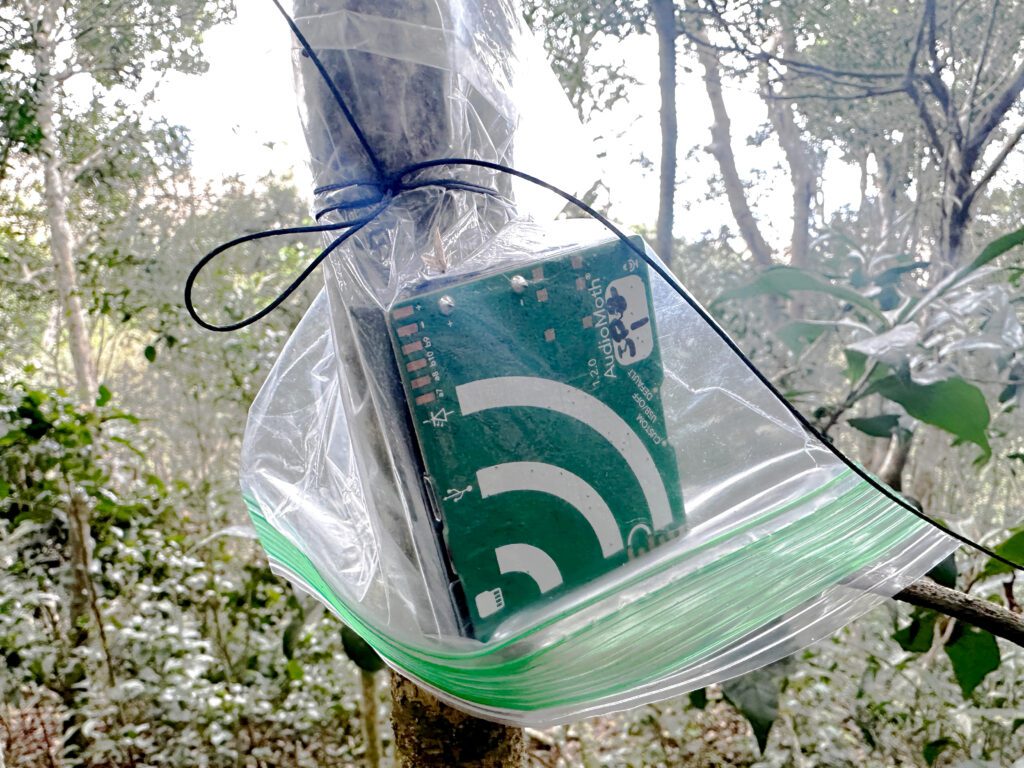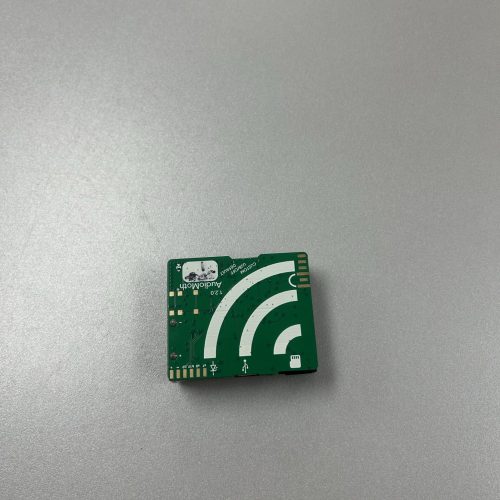March 2024
As the 2024 Solar Eclipse approaches, the Seneca Park Zoo is launching a project to understand better how animals react to the phenomena. While zoo guests stroll the Zoo, observing how the animals respond, zoo staff will be collecting the sounds you can hear, and those you can’t.
Staff will strategically be placing an open source audio recorder called Audiomoths (https://www.openacousticdevices.info/audiomoth) around the Zoo near the giraffes, zebras, elephants, snowy owls, cranes, sea lions, tiger, lions, baboons, wolves, and otters to monitor any animal behaviors that may happen when the eclipse happens.
These audiomoths record hyperspectral audio, meaning they can capture the sounds humans can’t hear. Over the weeks leading up to the eclipse, the Zoo will capture baseline data of the animals. This baseline data will be compared with any anomalies during the eclipse and presented to staff, zoo guests, and the larger community if they are interested.
The Zoo has used this technology to study animal activity in places like Madagascar, and to be able to bring this sort of science right into our back is a truly special experience.
“Science is all about filling in the holes. As we put these out and collect more and more information, that just adds to that story and allows us to fill in the holes for certain spaces.” – Tom Snyder, director of programming and conservation action

We are excited to celebrate this once-in-a-generation celestial event! In addition to the audiomoth recordings, the Zoo will also be hosting a variety of onsite activities and guests that weekend (April 6-8) for guests to enjoy and learn from including Skyler Kleinschmidt, NASA Heliophysicist and Astrophysicist Emily Rice!
Learn more about the Eclipse Weekend at the Zoo here.
Check out local news coverage:


